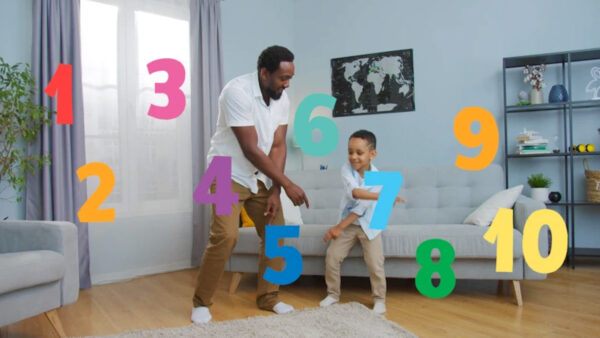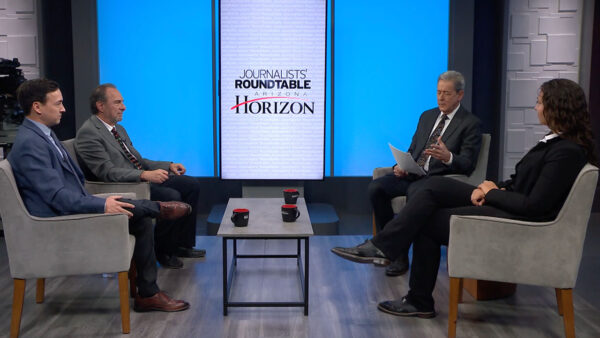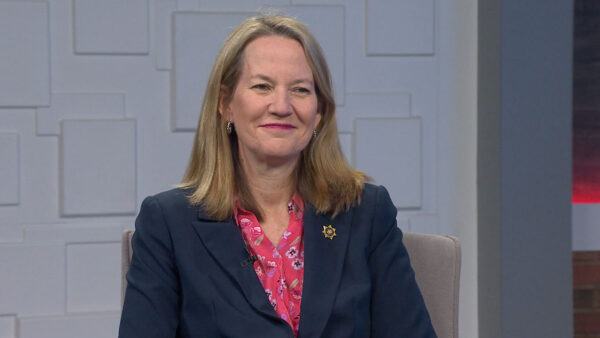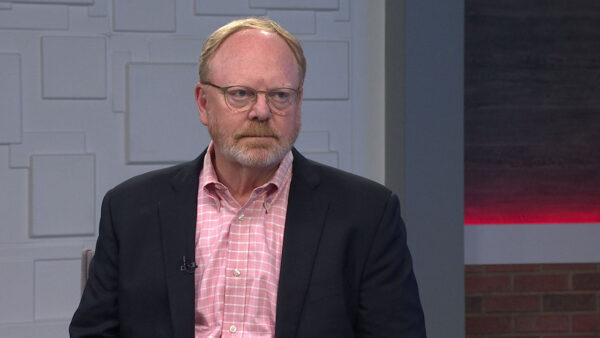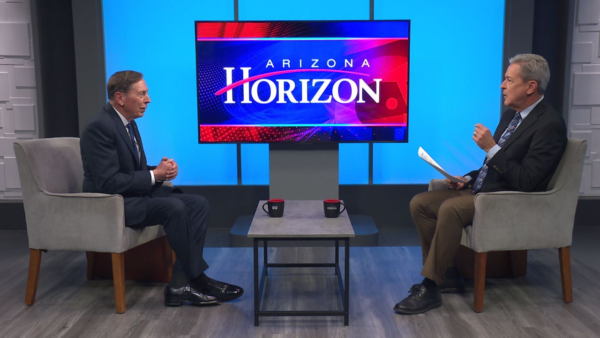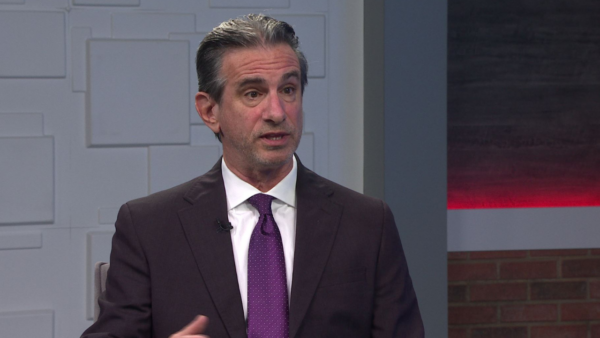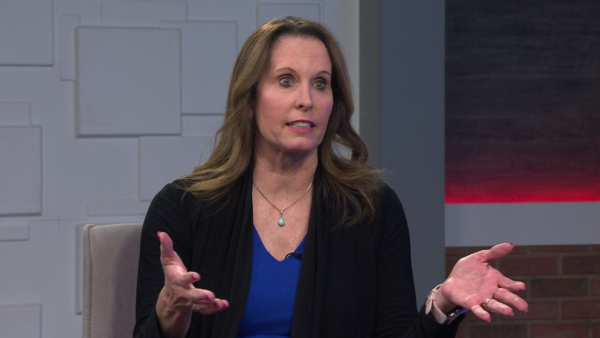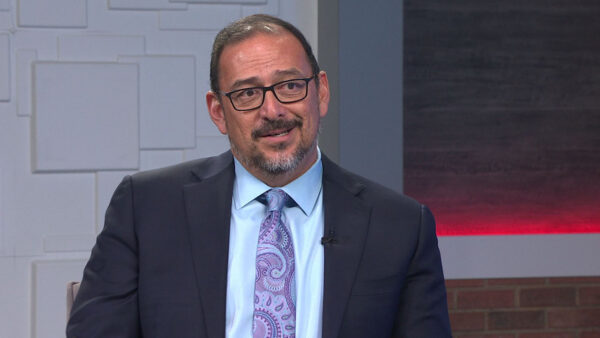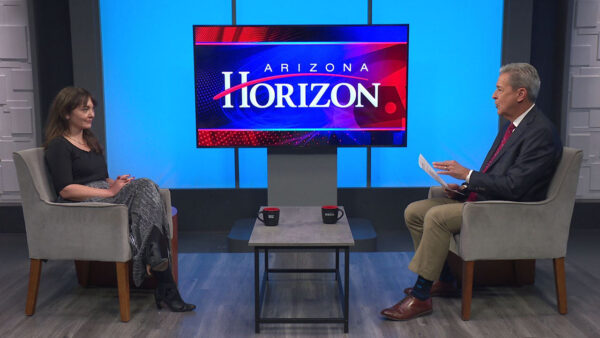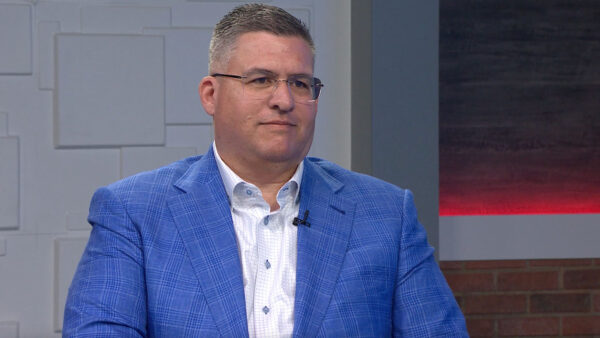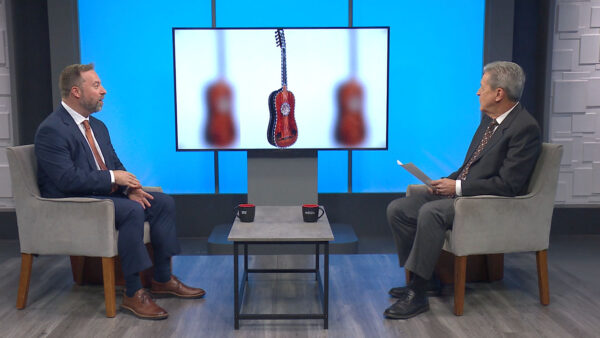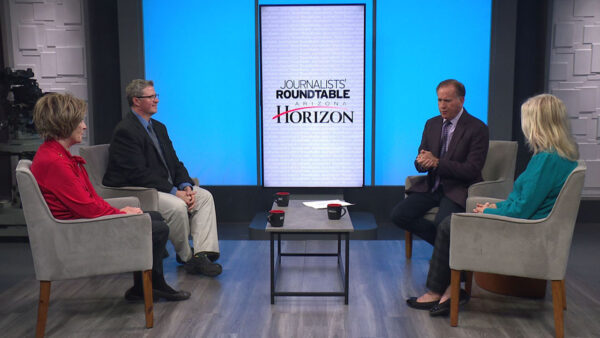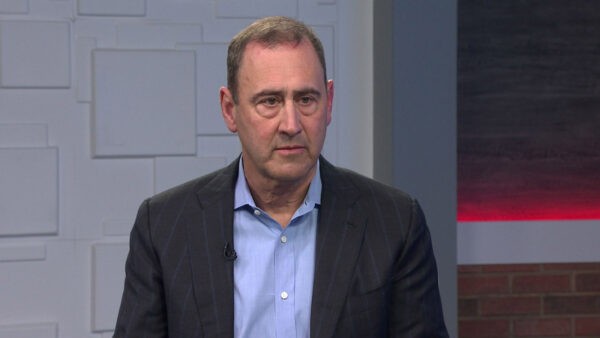The United States Supreme Court says it will take up a lawsuit that challenges the process used to draw maps for Arizona’s congressional districts. The question before the court is whether only the legislature can redraw the maps. Howard Fischer of Capitol Media Services will discuss the case.
Coming up next on "Arizona Horizon," the U.S. Supreme Court takes up an Arizona case to decide who can draw congressional district maps. A citizens' committee studies a ballot measure in extreme detail. And a forum is coming up on indigenous environmental studies. Those stories next on "Arizona Horizon."
"Arizona Horizon" is made possible by contributions from the Friends of Eight, members of your Arizona PBS station. Thank you.
Steve Goldstein: Good evening, and welcome to "Arizona Horizon," I'm Steve Goldstein in for Ted Simons. The United States Supreme Court today took up a case that challenges the process used to draw maps for Arizona's congressional districts. The question before the Court is whether only the Legislature can redraw the maps. They are currently drawn by a citizens' commission.
Steve Goldstein: Joining us is Howard Fischer with "Capitol Media Services." Nice to see you.
Howard Fischer: Thank you. Good to be here.
Howard Fischer: Whether it's immigration or 1070, voting rights, but it's nice to get a trip to Washington.
Steve Goldstein: What's at issue here?
Howard Fischer: It comes down to who is the legislature. The U.S. Constitution says the U.S. Legislature gets to determine federal elections. Okay. Is the legislature the 90 people living there? Or according to Arizona's Constitution, the legislative power rests with the people who can make their own laws, and they sort of let those other 90 people also make laws.
Steve Goldstein: At its core a group of Republican lawmakers are saying, hey, we should be drawing these maps. What are the repercussions going forward? If the Supreme Court decides we're taking this away from the people.
Howard Fischer: We start off with the question of why the people took it away from them in the first place. What you used to have is the legislative leadership in a room with maps saying, I don't want to run against so and so, I'd like a district that's more favorable to me or to my party. This would do the same thing, you've got to remember, when the legislature first saw the maps for the congressional districts after 2000, they sort of liked them. It was only after the 2010 redistricting, which resulted in a 5-4 Democratic delegation, wait a second, they can't take that from us.
Steve Goldstein: What are we looking at, in terms of what people are saying on the other side? When the maps were drawn, what were the members of the panel saying they were emphasizing, and Republicans obviously don't like being in the minority with congressional districts, but do they have a point in terms of what issues or criteria the panel put on it?
Howard Fischer: They are not specifically arguing the criteria. The Arizona Constitution, with voters' approval, says you have to take into consideration competitiveness, communities of interests, obey the Voting Rights Act even to the extent it's partially gutted by the U.S. Supreme Court. This argument goes to that central question, at least for congressional districts, of who is the legislature. The U.S. Constitution is clear. However, if you talk to Mariel Grady, the commission attorney, she will tell you there's case law which says that the legislative power is what the people decide. And again, Arizona has one of the most broad powers for the people. Initiative, referendum recall. And her argument is going to be that through means the people get to decide. They have the right to decide that for the purposes of redistricting we delegating our legislative powers to the five-member redistricts commission and taking it away from the 90 the lawmakers.
Steve Goldstein: I'm getting as hypothetical as I can. Let's say the Supreme Court decides to give this power back to the legislature. Would a ballot initiative be forthcoming with the balloting redistricting commission?
Howard Fischer: I don't think you could. It's this question that it's a federal issue. If your Supreme Court decides that you cannot take it away. You still have the separate question, the redistricting commission would continue to exist. The 30 legislative districts, there's no requirement it be set by the legislature. But there are separate lawsuits on how the legislature drew that and that may also end up in the Supreme Court.
Steve Goldstein: Without reading the minds of the Supreme Court, almost impossible, why did they decide this is worth taking up at this time?
Howard Fischer: On the one hand, there's an unusual provision in federal law, because this was an election case, it came out of a three-judge panel and it went to that. They may get to avoid this. The question becomes does the Arizona Legislature have the right to ask the U.S. Supreme Court to effectively void a provision of the Arizona Constitution, because it took away their political power. It could be not who is the legislature, but simply saying there's no case to be tried here.
Steve Goldstein: Is there any reason to think -- how similar are they? Let me rephrase. If in fact the High Court decides one way on congressional districts, would a Court determine the legislative districts have the same criteria to apply there?
Howard Fischer: The criteria is the same, but the issue in the legislative question is do the 30 districts have to be equal in population. The allegations in that lawsuit brought by a different group of Republicans is that they took Republicans and packed them into Republican districts, leaving these underpopulated districts which gave the Democrats the edge. There is a requirement the districts be as nearly equal in population as they can be. You've got a 9% differential between the larger and smaller districts. That could be unconstitutional.
Steve Goldstein: We've considered and discussed the possible repercussions. In a big sense, if in fact the high court were to change this -- how big an impact? Really flesh that out for us.
Howard Fischer: I think it's a really big impact. If the legislature gets to redraw the lines in 2016, you can count on districts that won't favor Democrats 5-4. You could end up with a 6-3, 7-4 Republican delegation. If this was changed prior to the 2014 election you can bet Andy Tobin would have drawn a district that was more favorable.
Steve Goldstein: Enjoy your trip to Washington, Howard Fischer, and thank you for being here.
Howard Fischer: Thank you.
Howard Fischer:Journalist, Capitol Media Services;


